Indications
Lithane is a medication used to treat manic-depressive disorder, also known as bipolar disorder. It contains lithium carbonate and is also used to control the symptoms of mania. It works by stabilizing mood and reducing extremes in behavior by restoring chemical balance in the brain.
Lithium Carbonate is primarily used to treat manic episodes of bipolar disorder, but it may also be used off-label to treat other conditions such as depression, schizoaffective disorder, and impulse control disorders.
Use and Dosage
Lithane comes as tablets or capsules and should be taken orally as directed by your doctor, typically 3 to 4 times daily for adults and 2 to 3 times daily for children. Take lithium with or immediately after meals to reduce the likelihood of stomach upset. Drinking 8 to 12 glasses or 240 milliliters of fluid per day and maintaining a healthy diet with moderate amounts of salt as directed by your doctor or dietician can help regulate lithium blood levels. Alterations in salt intake should not be made without first consulting with a physician.
The appropriate dosage is determined based on one's medical condition, lithium blood levels, and response to treatment. The children's dosage is based on body weight. The recommended dosages for Lithane tablets or capsules depend on one's medical condition, lithium blood levels, and response to treatment. For the treatment of mania, the recommended starting dose ranges from 900 to 1800 mg daily, divided into three equal doses. At the beginning of the treatment, a lower dosage may be prescribed based on one's condition. For adults, Lithane tablets should be taken three to four times daily, while for children, tablets should be taken two to three times daily. The children's dosage is based on body weight. Hence, it is important to consult with a doctor before taking Lithane.
Take Lithane tablets exactly as directed by the physician. Even if the patient feels well, he or she should continue taking the medication. Discontinuing the medication abruptly can exacerbate certain conditions. If the patient's condition does not improve or worsens, he or she should consult with a physician or pharmacist. It may require 1 to 3 weeks to notice an improvement in the patient's symptoms.
Side Effects
Common Side Effects of Lithane (Lithium Carbonate):
- Abdominal pain
- Diarrhea
- Increased frequency of urination or loss of bladder control (more common for women than for men, usually begins 2 to 7 years after start of treatment)
- Increased thirst
- Loss of appetite
- Nausea (mild)
- Sensation of spinning (vertigo)
- Tiredness
- Trembling of hands (slight)
- Vomiting
Serious Side Effects of Lithane (Lithium Carbonate):
- Blurred vision
- Clumsiness or unsteadiness
- Confusion, poor memory, or lack of awareness
- Convulsions (seizures)
- Diarrhea
- Difficulty breathing (especially during demanding work or exercise)
- Dizziness
- Drowsiness
- Excessive thirst
- Fainting
- Fast or slow heartbeat
- Fatigue
- Frequent urination
- Increase in amount of urine
- Increased thirst
- Increased urination
- Irregular pulse
- Lack of coordination
- Loss of appetite
- Low blood pressure
- Muscle weakness
- Nausea or vomiting
- Ringing in the ears
- Slurred speech
- Stiffness of arms or legs
- Trembling
- Unusual tiredness or weakness
- Weight gain
Forms and Strength
Lithane (Lithium Carbonate) is available in the following forms and strength:
Lithane: Capsule
- 150 mg
Lithium Carbonate: Tablet
- 150 mg
- 300 mg
- 600 mg
Cautions
- Lithium toxicity is closely related to serum lithium levels and can occur at doses close to therapeutic levels. Regular monitoring of blood lithium levels is essential to avoid potential side effects.
- Lithium should be discontinued if dehydration occurs, as it can lead to increased lithium levels in the blood.
- Lithium can interact with other medications, including diuretics, ACE (Angiotensin Converting Enzyme) inhibitors, and NSAIDs (Non-Steroidal Anti Inflammatory Drugs), and can lead to increased lithium levels in the blood.
- Lithium can cause birth defects and should be used with caution during pregnancy and breastfeeding.
- Lithium can cause kidney and thyroid problems, and regular monitoring of kidney and thyroid function is necessary while taking Lithane.
- Lithane may cause drowsiness, dizziness, and blurred vision, so caution should be exercised when driving or operating heavy machinery.
- Lithium can cause tremors, muscle weakness, and ataxia (unsteady gait), which can affect balance and coordination.
- Lithium can cause gastrointestinal issues such as diarrhea, nausea, and vomiting.
- Lithium can cause skin rashes, including acne and psoriasis.
- Lithium should not be abruptly stopped, as it can lead to rebound mania or depression.
- Lithium may require a lower dose in elderly patients or those with kidney or thyroid problems.
- Lithium can cause electrolyte imbalances, particularly in cases of dehydration or low sodium levels.
Frequently Asked Questions (FAQ)
Is Lithium Carbonate safe to take during pregnancy?
Lithium Carbonate is not recommended for use during pregnancy as it may cause harm to the developing fetus.
How long do people typically take Lithium Carbonate?
People with bipolar disorder typically take Lithium Carbonate long-term to prevent future episodes of mania or depression. The length of treatment can vary depending on the person's individual needs and response to the medication.
What should I do if I miss a dose of Lithane (Lithium Carbonate)?
If you miss a dose of Lithane (Lithium Carbonate), take it as soon as you remember. If it is close to the time for your next dose, skip the missed dose and resume your usual dosing schedule. Do not double up on doses.
Can Lithane (Lithium Carbonate) be taken with food?
Lithane (Lithium Carbonate) can be taken with or without food. However, taking it with food can help reduce stomach upset.
Are there any long-term side effects of taking Lithium Carbonate?
With long-term use, Lithium Carbonate can cause kidney damage and thyroid problems. For healthcare providers to monitor kidney function and thyroid levels regularly in people taking Lithane (Lithium Carbonate).
Resources
- https://www.rxlist.com/lithium/generic-drug.htm
- https://eci2012.net/product/lithane/
- https://mountnittany.org/wellness-article/203_7297_lithane-oral-tablet-300-mg
- https://dailymed.nlm.nih.gov/dailymed/drugInfo.cfm?setid=42bed965-4b8f-4471-bcc9-091f87238653
- https://www.medbroadcast.com/drug/getdrug/lithane
- https://www.webmd.com/drugs/2/drug-57117/lithane-oral/details





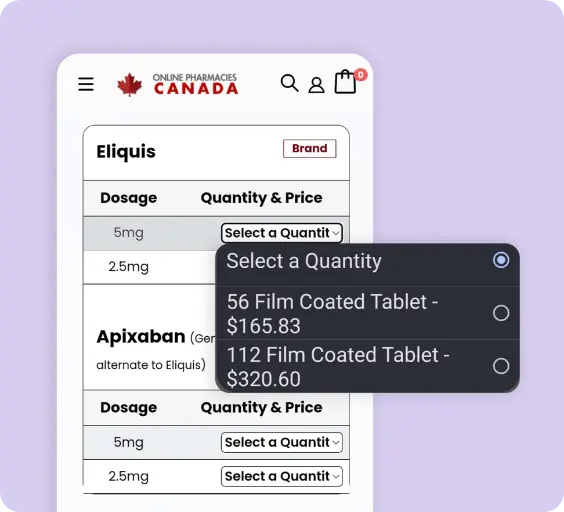
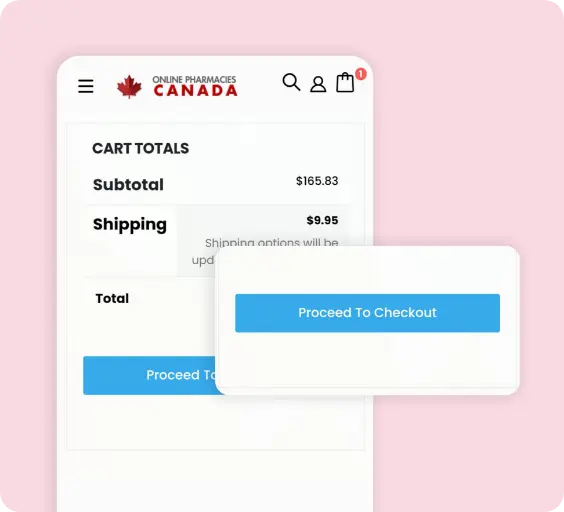
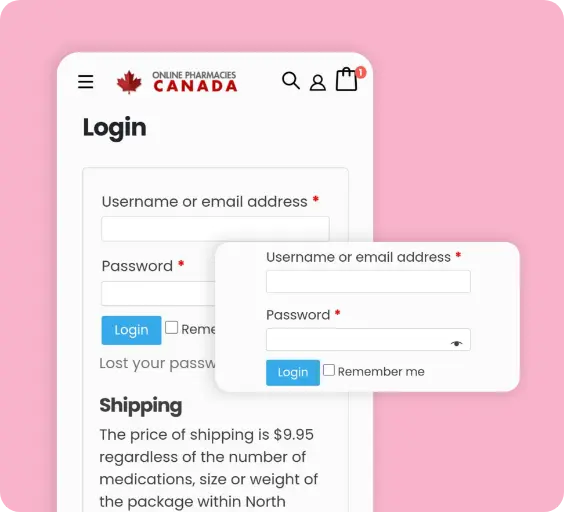
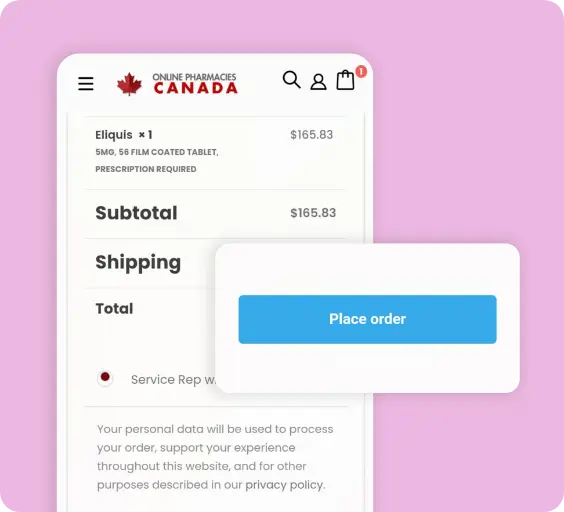


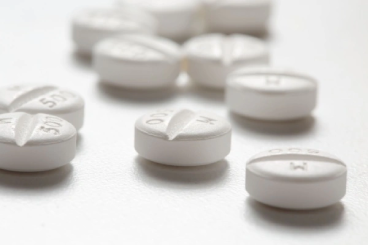


REVIEWS